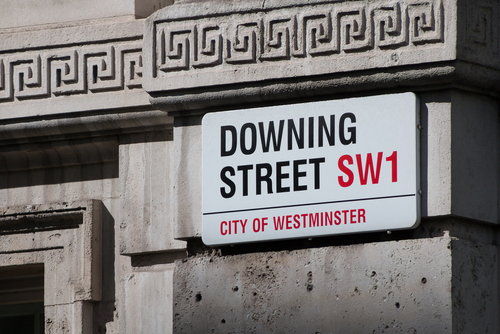
We tend to take our postal service for granted. The precision in which letters get to the correct address is rarely given a second thought. Over the last 100 years especially, the delivery service has seen many technological and strategic advances – many, including your courier service – would see the postcode as the most important tool of all.
But first of all, let’s take a brief look at how the delivery service has developed over the centuries.
A Quick History Of Our Royal Mail Service
The first thing to clear up is: ‘where did that word post come from?’. In the 21st century, we tend to take it for granted that if we are receiving a delivery we are also getting “post”. Its roots go back 400 years to the 17th century when the art of delivering letters was still very primitive. At this time, letters were transported by carriers on foot or horseback between “posts”. Letters and packages would be sifted between those intended for local delivery and those which needed to be passed on to the next “post” at each “post” on the journey.
In the 18th and early 19th centuries, there were about 6 “postal” roads across England and Scotland. It was in 1660 that the publicly-owned postal service came into being. By the end of the 18th century, Royal Mail coaches were a familiar sight in England, Scotland and Wales. By the 19th century, mail was travelling by train and the postage stamp had been introduced. In the early 20th century, new innovations led to delivery by large, motorised vehicles and air and then in 1959, the postcode was trialled.
A Courier Service Needs A Precise Delivery Address
In the 19th century, the postage stamp made delivery affordable. Motorised transport in the 20th century made delivery faster. Delivery to specific addresses was still a little hit and miss as addresses were not always uniform. There were many roads with similar names and house (or business) numbers were often quite random. A committee was set up in the 1850’s which was tasked with appropriately renaming streets and re-numbering houses. Separate postal districts based on geographical location were set up in London (i.e. NW; NE; SE). This was successful and this method was then trialled in other large cities such as Manchester and Liverpool. The government introduced the system of using sub-districts during the second world war. This was the foundation of the postcode and by 1974, the postcode system was nationwide.
Postcodes And Satnavs
A courier can now pinpoint exactly where any consignment needs to be delivered. A postcode will, on average, cover 15 houses – so the address itself which states road and house number of course still remains essential. Postcodes are also essential for use in satnavs. The courier can almost instantly match the delivery address with the route to be taken on their vehicle satnav. This makes deliveries faster, safer and less prone to mistakes.
Your International Courier Service
Now, the concept of postcodes is international but in some countries is known by a different name. In America for instance, people know postcodes as zip codes. Couriers across the world can make precise deliveries due to the fact that the same system is known across the globe.
Same Day Dispatch Services Ltd try to use all the latest delivery technologies to ensure your letter, parcel or consignment gets to where it needs to be, fast and safely. In fact, as our business title suggests, we can get your consignment to its delivery point in the UK on the same day it is dispatched. We partner with only the very best couriers and so ensure safety, speed and a personal service. To get an estimate of how much your project is likely to cost, get a quote.
Tags: Courier, Courier Services, Couriers, couriers near me, Parcel Delivery